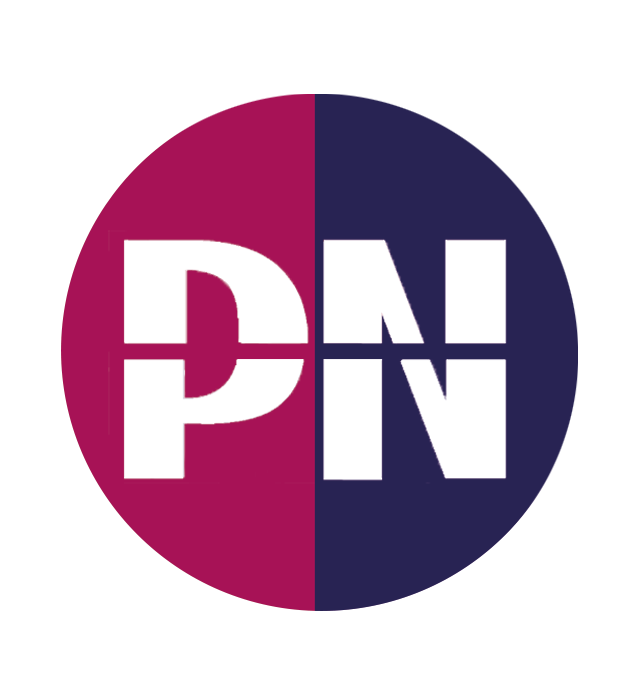For a Human Resources (HR) department, inclusivity should be at the forefront of every policy and practice. However, it’s all too easy for organisations to overlook the needs of employees who are D/deaf or hard of hearing. This is where Prestige Network’s D/deaf Awareness Training comes in. It is an essential tool that can empower HR professionals to create a truly inclusive work environment.
Understanding D/deaf Awareness
D/deaf Awareness isn’t just about learning how to communicate with individuals who are D/deaf or hard of hearing. It’s about understanding their experiences, recognising, and challenging stereotypes, and creating an environment that allows everyone to thrive, regardless of their hearing abilities.
Reducing Misunderstandings
In the workplace, misunderstandings can lead to feelings of isolation and reduced productivity. D/deaf Awareness Training educates HR professionals about the barriers that D/deaf people face, thereby helping them to create strategies to minimise these issues. This understanding promotes empathy and effective communication between hearing and D/deaf employees, leading to a more harmonious workplace.
Compliance with Equality Legislation
The UK Equality Act 2010 states that employers must make reasonable adjustments to support disabled employees, which includes those who are D/deaf or hard of hearing. D/deaf Awareness Training ensures that HR teams are knowledgeable about these legal requirements and helps them implement the necessary measures.

Promoting Diversity and Inclusion
Diversity and inclusion are more than just buzzwords; they’re essential for creating a dynamic and innovative workplace. By offering D/deaf Awareness Training, HR departments send a clear message that they value diversity and are committed to supporting all employees. This, in turn, can boost morale and improve retention rates.
Attracting and Retaining Talent
Organisations that prioritise inclusion are more likely to attract a diverse range of talent. By making your workplace accessible to D/deaf and hard of hearing individuals, you’re widening your talent pool and may discover new perspectives that can drive your organisation forward. Additionally, employees who feel understood and valued are more likely to remain with the company in the long term.
Improving Communication
Effective communication is crucial in any workplace. D/deaf Awareness Training can provide HR staff with practical tips for communicating with D/deaf employees, such as how to use a Sign Language interpreter effectively or how to ensure virtual meetings are accessible.
Conclusion
D/deaf Awareness Training is not just a box-ticking exercise; it’s a crucial part of ensuring your organisation is truly inclusive. By prioritising this type of training, HR departments can create a supportive and understanding environment where all employees can thrive. In the end, everyone benefits – employees feel valued and understood, while employers foster a more harmonious and productive workplace.






